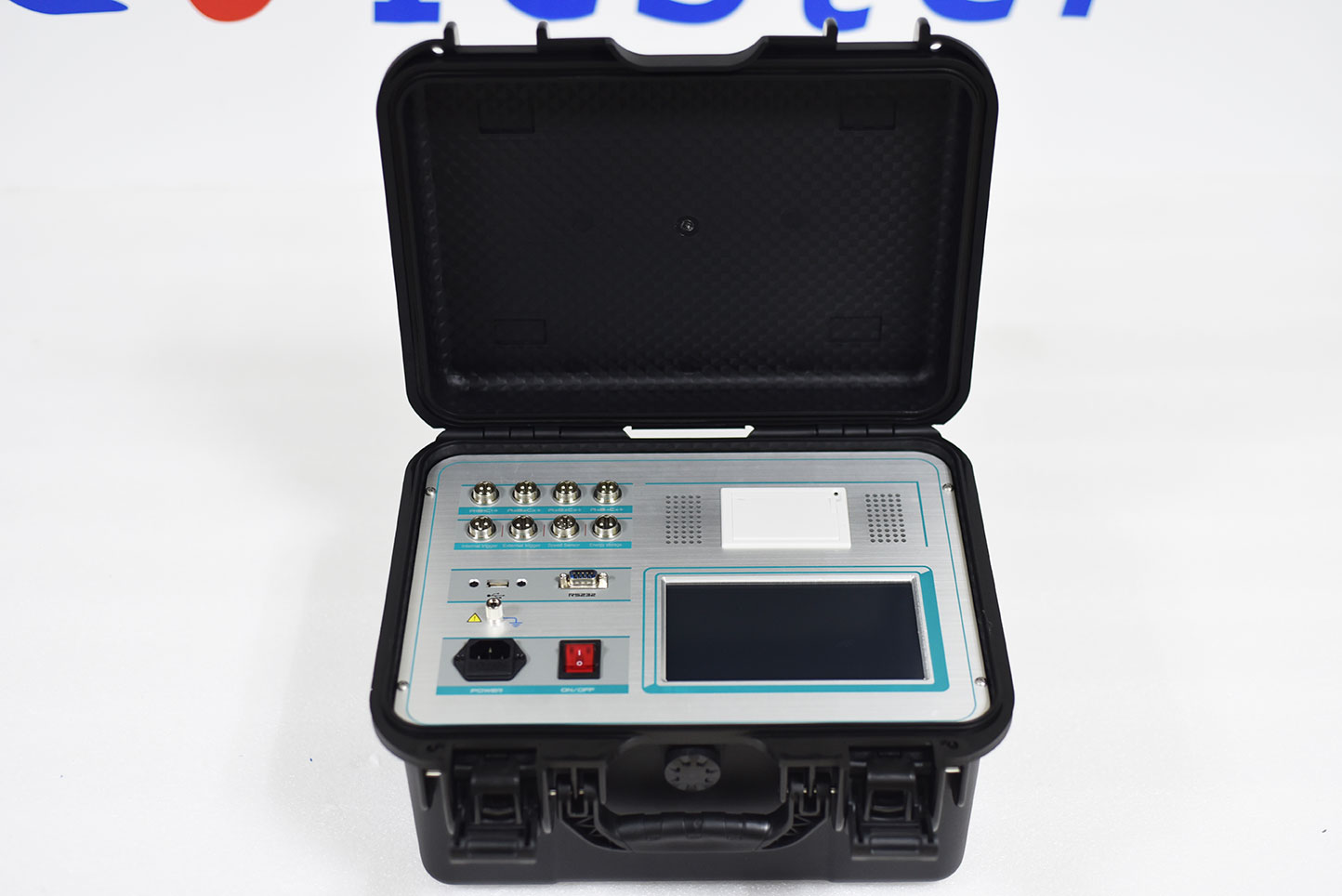1. Circuit overload
Circuit overload is one of the main reasons for the frequent tripping of circuit breakers. This happens when you want a particular circuit to provide more power than its actual capacity. This will cause the circuit to overheat, putting all electrical appliances connected to the circuit at risk.
2. Short circuit
Another common cause of circuit breaker tripping is short circuit, which is more dangerous than overload circuit. When the "hot" line contacts the "neutral line" in one of your power sockets, it will cause a short circuit. Whenever this happens, a large amount of current will flow through the circuit, and the heat generated will exceed the bearing capacity of the circuit. When this happens, the circuit breaker will continue to trip and close the circuit to prevent dangerous events such as fire. There are many reasons for short circuit, such as wrong wiring or loose connection.
3. Earth fault surge
Ground fault surges are similar to short circuits. This happens when the hot wire contacts the ground wire made of bare copper or the side of the metal socket box connected to the ground wire. This will cause more current to pass through it, which the circuit cannot handle. The circuit breaker trips to protect circuits and appliances from overheating or potential fire.
4. Defective circuit breaker
If the above reasons do not cause the circuit breaker to trip, your circuit breaker may be faulty. When the circuit breaker is old and unable to generate electricity, it is time to replace it. Moreover, if it is not maintained, it will inevitably wear out. If your circuit breaker is broken, you may smell the smell of burning, frequent tripping, unable to reset, or there are signs of burning on the circuit breaker box.
5. Arc fault
Generally, arc fault is also considered to be the main cause of frequent tripping of circuit breakers. When loose or corroded wires produce short-circuit contacts that cause arcs or sparks, arc faults will occur. This will generate heat and may cause an electrical fire. If you hear the light switch hissing or the socket buzzing, you have encountered an arc fault.






